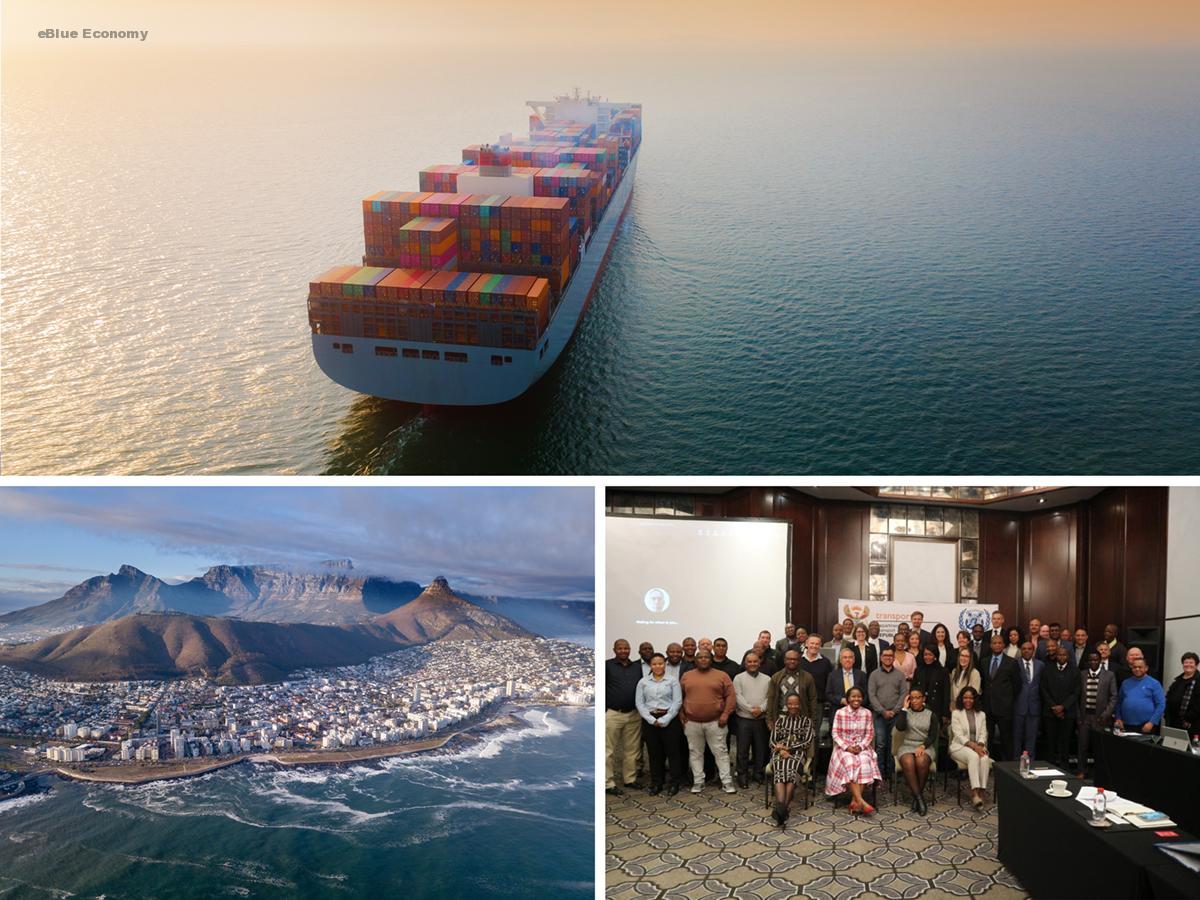Stowaway cases are a human tragedy and hamper the economy of the country by increasing transport costs for import and export flows. South African government, port, and shipping industry representatives have attended a national seminar on the prevention of stowaways in Cape Town (27 to 29 June), organized by the IMO in collaboration with the Department of Transport of South Africa.
Stowaway incidents cause considerable difficulties for shipmasters, shipping companies, shipowners, and ship operators in disembarking stowaways from ships into the care of appropriate authorities.
Globally, the number of stowaway incidents in the year February 2020 to February 2021 was 364, with a total of 1,050 stowaways, Costs were an estimated USD$8.9 million, according to the International Group of P&I Clubs.
Participants in the seminar exchanged views on stowaway prevention and incidents and discussed the challenges and the further measures needed on board ships and at the main ports of South Africa in order to prevent and deal with stowaway incidents. Pragmatic solutions for ship owners, masters, and crew on board ships are needed and the objective of all stakeholders is to come out with a holistic and integrated approach to risk management, port security, and procedures to facilitate the disembarkation of stowaways. This will reduce the impact of stowaways incidents on trade and the economy of South Africa.
Other attendees at the seminar included representatives from the main South African ports and from the United Nations Refugee Agency (UNHCR), International Organization for Migration (IOM), International Standardization Organization (ISO), BIMCO, the International Group of P&I Clubs, the Port Management Association of Eastern and Southern Africa (PMAESA), the United States Coast Guard, the Intergovernmental Standing Committee on Shipping (ISCOS), shipping companies (Maersk and MSC) and P&I correspondents in the country.
An additional two-day national seminar follows on 30 June and 1 July with the main border agencies involved in the clearance of ships in South Africa, in order to gain further understanding of the provisions of the IMO Convention on Facilitation of international maritime traffic and to support South Africa in its process to ratify the FAL Convention.
The aim is to support government agencies in the implementation of the convention, which is now going through the formal process of ratification by South Africa.
Participants are being trained about the concept, practical planning, and implementation of a Maritime Single Window for ship clearance, a mandatory requirement of the FAL Convention from 2024. Participants will discuss and identify the main challenges involved in digitalizing information exchange in the ship-shore interface.
The national seminars are funded by IMO’s Integrated Technical Cooperation Programme (ITCP).

The FAL Convention has been in force since 1967 but is kept continually amended and updated by Governments at the FAL Committee of IMO – which usually meets once a year at IMO’s London Headquarters.
In its Annex, the FAL Convention contains standards and recommended practices and rules for simplifying formalities, documentary requirements, and procedures on ships’ arrival, stay, and departure.
Under the FAL Committee, IMO has developed standardized FAL documentation (known as FAL Forms) for authorities and Governments to use, and the FAL Convention urges all stakeholders to use these.
Since April 2019, the FAL Convention makes it mandatory for ships and ports to exchange FAL data electronically and encourages the use of the so-called “single window” concept, in which all the many agencies and authorities involved exchange data via a single point of contact.
The Explanatory Manual to the Convention on Facilitation of International Maritime Traffic contains guidance and interpretation of the provisions of the annex of the FAL Convention, assists in interpreting the legal text of the provisions, and provides for a greater understanding of the Convention. The Manual was last reviewed and updated by FAL 43 in April 2019.
For more detailed information on the FAL Convention click here.
The FAL Convention is available for purchase in print and electronic formats here.














